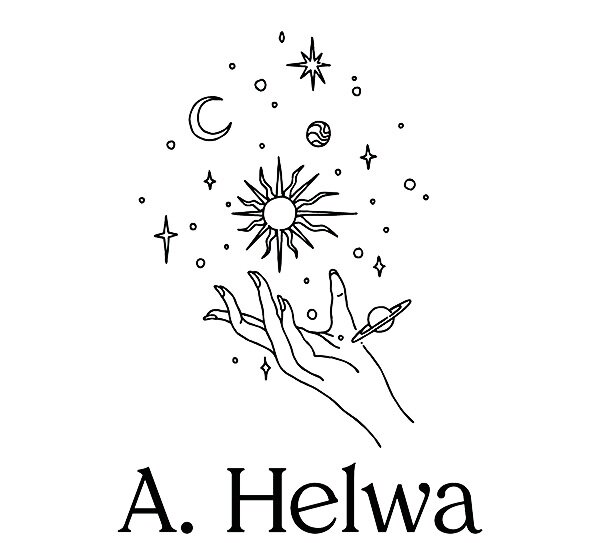The path begins where you are
“Bow down in adoration and draw near.” (Qur’an 96:19)
Our path of return to God begins exactly where we are. We are not meant to be worthy of God before we turn to faith, but rather it is through God’s All-Encompassing Mercy (Ar-Rahman) that we are made worthy. In other words, there is no such thing as being too bad, too lost, or too broken for a God who created everything in existence to fix and repair. As Rumi says, “Water says to the dirty, ‘Come here.’ The dirty one says, ‘I am ashamed.’ Water says, ‘How will your shame be washed away without me?’”
Do not listen to the voices that say you are too imperfect for a perfect God, that you are too filthy to be cleaned, or too horrible to be redeemed because no matter the past you have lived or the life you have led your mistakes or sins can never be greater than God’s mercy. Allah says, “Oh My servants who have transgressed against their souls! Do not despair of the mercy of Allah. Indeed, Allah forgives all sins. Indeed, it is He who is the Forgiving, the Merciful.” (39:53) Allah forgives all sins so we do not lose when we sin, we lose when we do not ask to be forgiven. The
Prophet (pbuh) said, “Satan, the rejected, said to Allah: ‘I shall misguide your servants for as long as their souls are in their bodies.’ Allah replied: ‘Then I shall forgive them for as long as they turn to Me in repentance.’” Allah is Al-Afuw or “The Most Forgiving,” whose forgiveness is like a divine presidential pardon where He completely eradicates the record of our sin and removes all the negative consequences of our choices. As the Qur’an says, “Glorify the praises of your Lord and ask for His Forgiveness. Verily He is the One who accepts the repentance and forgives.” (110:03)
Do not be discouraged if you find yourself facing the same problem or temptation that you thought you had already conquered. Spiritual progress follows the shape of a spiral, where even when it seems like you are going back to where you started, you can actually be ascending in a deeper way. The practice of Tawba is a means of spiritual course correction, where we re-align our hearts and intention so that we do not over time unknowingly go astray from the path of God. A modern day example of the importance of having a system of checks and balances is perfectly seen with airplanes. It’s amazing to consider airplane spends 90-95% of its time off course due to weather and human error; the only way it reaches its desired destination is through constant course correction. No matter how much we stumble off the straight path, we can still reach the destination of divine eternal love, so long as when we go astray we keep striving to return to the straight course.
When we turn away from Allah’s light, like the earth when it turns away from sun, we fall into a state of spiritual darkness, not because Allah punished us but because out of our free will we chose to turn our awareness away from the light of truth. Just as falsehood is an illusion, as it is entirely dependent on the existence of truth, the darkness of separation is an illusion, for it is a function of our forgetfulness that Allah is closer to us than the very breath in our lungs. Repentance is returning our awareness to the divine connection we are already plugged into by awakening us from the dream of separation into the awareness of unity. When we return to face Allah through repentance Allah not only forgives our sins, but then those repented sins themselves become reminders of Allah’s mercy and forgiveness. In this way, our sins become good deeds because they become symbols of Allah’s love and thus serve to return our gaze to the face of the Divine. As the Qur’an says, “Except those who repent and believe, and do righteous deeds, for those, Allah will change their sins into good deeds, and Allah is Oft-Forgiving, Most Merciful.” (25:70) Allah blesses us beyond what we deserve and gives to us without accounting from the storehouses of His Grace. As the Prophet Muhammad (pbuh) said, “Our Lord descends to the lowest heaven in the last third of every night, and he says: ‘Who is calling upon me that I may answer him? Who is asking from me that I may give to him? Who is seeking my forgiveness that I may forgive him?’” Allah’s mercy precedes His wrath because His Mercy (Ar-Rahman) encompasses everything and everyone without discrimination.
